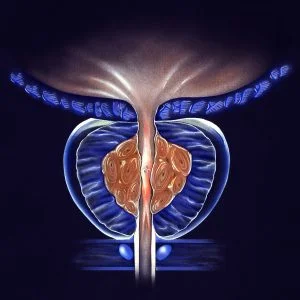A Rezum procedure is a transurethral needle ablation procedure to treat benign prostatic hyperplasia (BPH) that can be performed in a clinic or out-patient setting. This procedure uses water vapor to treat the extra prostate tissue. This tissue is usually the cause of urinary dysfunction such as infrequency, urgency, weak stream, straining and getting up at night in order to urinate. This is a minimally invasive procedure that is able to be completed within minutes and even provide very low amounts of pain if any at all.
Assessing the Need for a Rezum Procedure
Most of the time, a Rezum procedure is going to be recommended if you have BPH. Benign Prostatic Hyperplasia is when the prostate gland becomes enlarged. This enlargement usually causes compression on the urethra which would therein cause the body to have difficulty urinating. Believe it or not, BPH affects more than 50% of men over the age of 50. So, it is not uncommon to experience symptoms.
Although many men receive BPH, not all of them receive a Rezum treatment. This procedure is used mainly when no other medicinal treatments are working or being accepted by the patient. Also, if the patient is not responding well to the surgical options outside of Rezum, but they do agree that something minimally invasive could prove useful. Most of the time, this treatment is used for prostate volumes of 30 – 90 grams.
Are the any Negative Side-Effects of a Rezum Treatment?
First of all, this minimally invasive procedure is used due to the fact that the patient has denied the other means of surgical and medicinal treatments. This procedure is done by inserting the tool through the urethra. Side effects may include painful urination, frequent urination, blood in urine, blood in semen or the inability to completely empty the bladder. Most of these symptoms can be managed with mild pain medication and warm baths.



Recent Comments